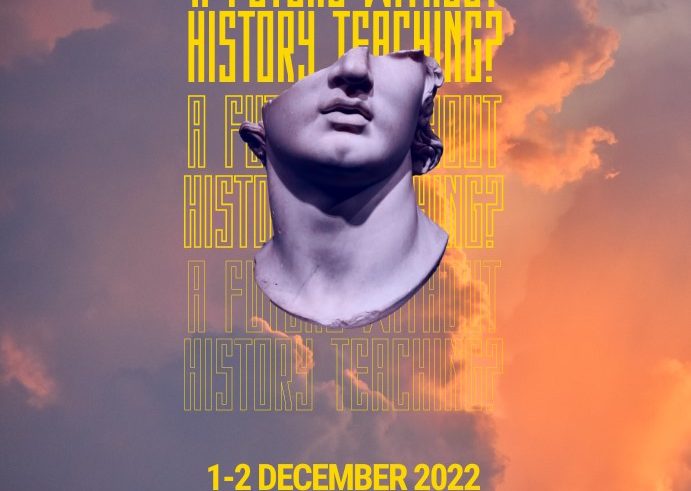
Strengthening resilience against the manipulation and distortion of history and promoting peace and dialogue: these are the main focuses of the Observatory on History Teaching in Europe, established in November 2020 by the Council of Europe as an “Enlarged Partial Agreement” and led by the French Alain Lamassoure. The Observatory works to “identify practices that encourage the teaching of history in accordance with the values of the Council of Europe” and regularly produces issue reports that provide an overview of the situation of history teaching in Europe. The annual event to be held on 1st and 2nd December in Strasbourg has now been organised around the question “A future without history teaching?” to bring together education professionals, government representatives and high-level experts. The session will begin with an analysis of the relationship between “teaching history, giving a foundation to democracy” and a view of how history is taught in Europe today. During the event, a debate will be devoted to the conclusions of the Observatory’s first issue report “Pandemics and Natural Disasters in History Teaching”. During the final part of the programme, a panel discussion will attempt to answer the question of ‘how 2022 will enter history’. On the agenda is also a “case study” on “Russia’s use of history for the war in Ukraine”.
